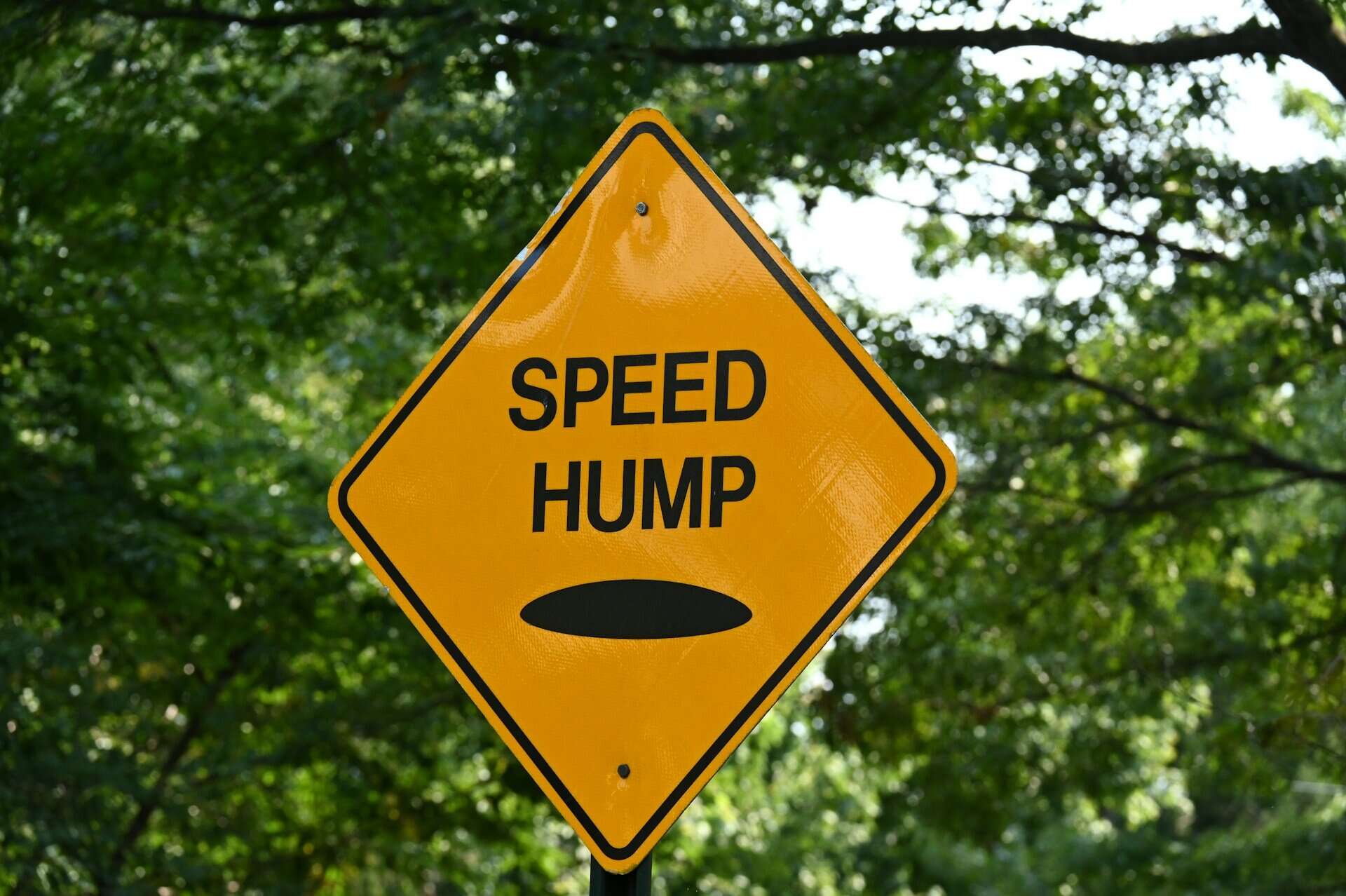Everyone who’s been on a commercial airline flight in the past 20 plus years has heard some variation of the following instructions: “In the event of sudden cabin depressurization, oxygen masks will deploy from above your seats, pull down to extend the tube and cover your nose and mouth with the mask, the bag may not inflate, always put on your own mask before attempting to help others around you.”
It’s likely that you’ve also heard these instructions used as an analogy for the selfish/selfless paradox before. Most folks seem to call it the “oxygen mask theory” and many in the modern self-care movement (along with Ayn Randians) have adopted it as a go-to parable. And with good reason. I’m told that when an airplane decompresses at altitude, you have roughly 18 seconds of what’s called “useful consciousness.” After that, we can assume, you are no longer useful. Not much longer after that, you’re dead.
It turns out that being dead makes it very hard to help others. Being unconscious also happens to put a damper on any selfless tendencies. Hypoxia is generally not seen as a plus either. I probably didn’t need to tell you that. Let’s break it down a bit anyway, shall we?
The point of the oxygen mask theory feels like common sense. In order to help people, you must be both willing and able to help people. In order for you to be able to help people, you must first help yourself. You must at least practice enough self care to be alive, awake, and alert. You must be selfish, in order to be able to be selfless.
The oxygen mask theory is grounded in an extreme example. Most of us, fortunately, do not face life or death emergencies very often. That may lead you to think that the lesson is not broadly applicable. I maintain that it is.
If you’d like to explore this idea further, you’re in luck! I just wrote an essay where I dive into this selfish/selfless paradox in some detail.






